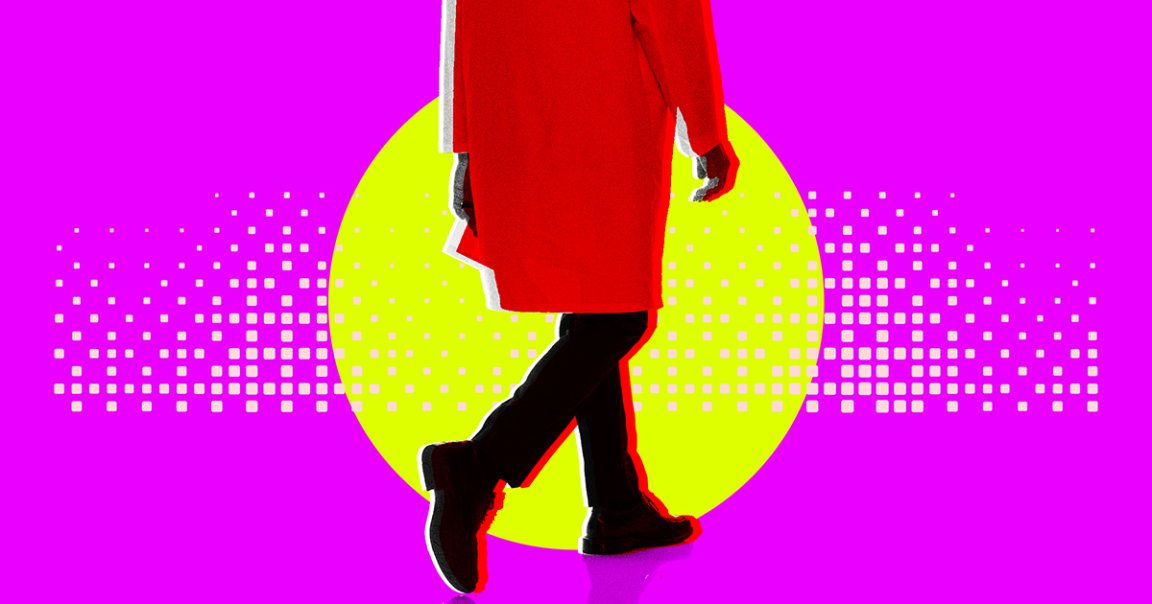
As billionaire tech moguls ravish public research funds and startups siphon knowledge workers into pie-in-the-sky venture capitalist schemes, one professor has found his own key to innovation: scientists who are able to do crucial lab work without going broke.
David Liu is a chemistry professor and director of the Merkin Institute of Transformative Technologies in Healthcare at Harvard. For the past five years, he’s celebrated Thanksgiving by giving away his entire salary — sans taxes — to the students and workers who staff his biomedical lab.
According to The Guardian, the tradition kicked off during the COVID-19 pandemic, when Liu learned that his student researchers were struggling to afford bikes to get to work. He started trying to redistribute his income by way of Amazon gift cards, but quickly switched to checks because “everyone thought they were being scammed.”
While individual salaries for Harvard staff aren’t publicly available, we can assume Liu takes home a pretty penny. The professor previously co-founded a number of successful startups according to the Guardian, which allows him to make do without his Harvard salary. Liu is also one of eight to have recently won the $3 million Breakthrough Prize in Life Sciences for his work on Base editing, a gene editing technique forged by he and his team.
Like his Thanksgiving custom, Liu used the prize as an opportunity to pay tribute to his team.
“The real heroes behind our work are the incredibly talented graduate students, postdocs, and collaborators who worked tirelessly to develop these technologies in ways that would allow them to benefit society,” the researcher said. “Without their dedication, this work would not be possible.”
Though Liu’s generous efforts are commendable, a professor handing out his salary isn’t exactly a replicable model. Despite the huge workload and specialized training required, lab technician jobs are notoriously low-paid, high-stress gigs, where benefits are scarce. This has led to an industry-wide staffing shortage, especially in medical labs.
On the institutional side, graduate student researchers are struggling for better pay and increased benefits through student worker unions. For example, the Harvard Graduate Students’ Union, HGSU-UAW 5118, has successfully led two contract campaigns to fight wage freezes and secure benefits, including medical, childcare, and emergency expense reimbursement, and “heavily subsidized” dental insurance.
These victories are hard-won. The Graduate Student Union recently came to blows with Harvard administrators after the University pulled out of closed-door negotiations. There are four more unions set to enter negotiations with Harvard this year, representing over 10,000 workers and underscoring the breadth of the labor struggle, not just in the lab, but all across campus.
But when it comes to the lab, Liu is worried about the future of scientific discovery in America as DOGE claims to be cutting hundreds of millions of dollars worth of education contracts.
“To me, slashing funding and people from science in the United States is like burning your seed corn,” the Harvard researcher told the Guardian. “It’s not even eating your seed corn. It’s just destroying it.”
More from Futurism: High Schools Training Students for Manual Labor as AI Looms Over College and Jobs